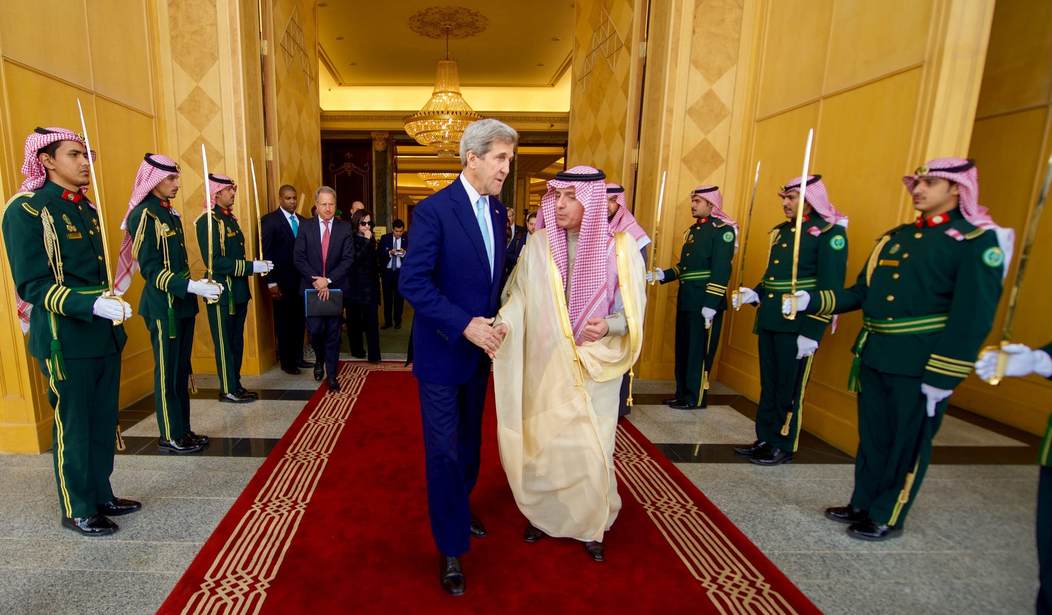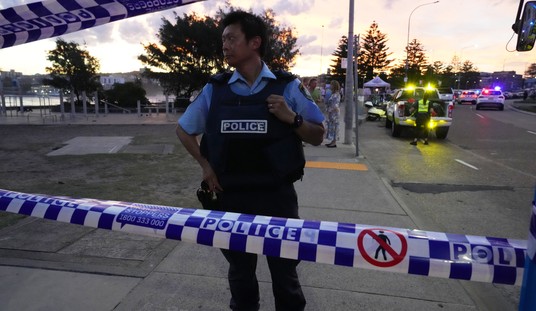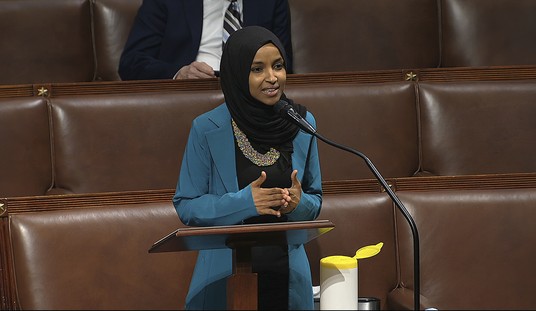The Saudi foreign minister indicated that the kingdom is working for the next Congress and White House to toss a law that allows families of victims of the Sept. 11, 2001, terrorist attacks to sue countries that support terrorist groups like al-Qaeda.
The Justice Against Sponsors of Terrorism Act, sponsored by Sens. Chuck Schumer (D-N.Y.) and John Cornyn (R-Texas), became law at the end of September after an overwhelming override of President Obama’s veto.
Saudi Arabia lobbied hard against the legislation, which also allows victims of any future terrorist attacks on American soil to sue sponsors of the responsible terrorist groups in federal court.
White House press secretary Josh Earnest slammed the 97-1 Senate veto override as “the single most embarrassing thing the United States Senate has done possibly since 1983.”
“Our deepest concern is not limited to the impact that this bill would have on our relationship with Saudi Arabia,” Earnest said in September. “Our deepest concern is about the impact that this bill would have on our relationship with countries all around the world… there are irresponsible people all around the world who accuse the United States of being complicit in terrorism all the time.”
At a press conference Sunday in Riyadh with visiting Secretary of State John Kerry, Foreign Minister Adel al-Jubeir said in response to a Wall Street Journal report that the Saudis are reevaluating their investments in the United States that the kingdom “has tremendously large investments in the United States and we review those investments on a regular basis.”
“There are issues that are associated with risk, but our objective is to increase those investments, not to decrease them,” he said.
Al-Jubeir, who was the longtime ambassador to Washington, was recently in the United States “to touch base with people, to get to know the policies of — the positions of the new administration, to deal with the Congress and try to persuade them that there needs to be an amendment of the law that was passed, which was JASTA.”
“We believe that the law, which curtails sovereign immunities, represents a grave danger to the international system,” he said. “The issue of sovereign immunities has been a principle that has governed international relations since the Treaty of Westphalia in the 1600s. No country will suffer most by the erosion of this principle than the United States of America.”
“I will give you an example. When you launch drone attacks, that is a discretionary function of government, and that does not allow courts in other countries to sit in judgment of that decision. When a country allows the use of its territory to go to war by another country, that is a discretionary function of government and it cannot be judged by other courts. When countries provide support to, let’s say, the moderate Syrian opposition, that is a discretionary function of government. Country — courts in one country cannot sit in judgment of those decisions.”
Thus, Al-Jubeir reasoned, if the United States “has the biggest footprint in the world” and it opens the door for other countries to follow suit, “international order becomes governed by the law of the jungle.”
“Imagine if people can sue in Pakistan, in Yemen, in Iraq, in Turkey, in Europe; if people can sue in South America; if people can sue for all sorts of reasons against policies that were taken by governments and officials that were taken in their discretionary function as government officials or as governments. We would have no international system,” he said.
The foreign minister emphasized that “more than 90 countries in the world” have come out publicly against the law including the GCC, the Arab League and the Organization of Islamic Countries, as well as China and Russia.
“Frankly, the fact that the country that will bear the highest price of any erosion of sovereign immunities is the United States, and I think — I don’t want to speak for the United States when the secretary of State is sitting next to me, but this is really the consensus view of everyone,” Al-Jubeir added.
Kerry said the Obama administration “has great concern about the victims, and we will continue to find ways to help the victims of 9/11,” but remains “convinced that JASTA as it was written is a bad law.”
“We were opposed to it. We remain concerned about its impact because we think there were ways to meet the needs of the victims without having a harmful effect on the long-established law and concept of sovereignty, sovereign immunity,” he said. “So we are very concerned about it. We tried very hard to move on changing it and we will continue to do that.”
Schumer has said JASTA “is a long-overdue, responsible and balanced fix to a law that has extended too large a shield to foreign actors who finance and enable terrorism on a massive scale.”
“The victims of 9-11 and other terrorist attacks on US soil have suffered much pain and heartache, but they should not be denied justice,” the senator said in September.









Join the conversation as a VIP Member